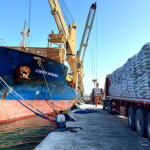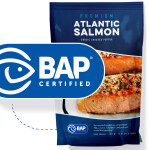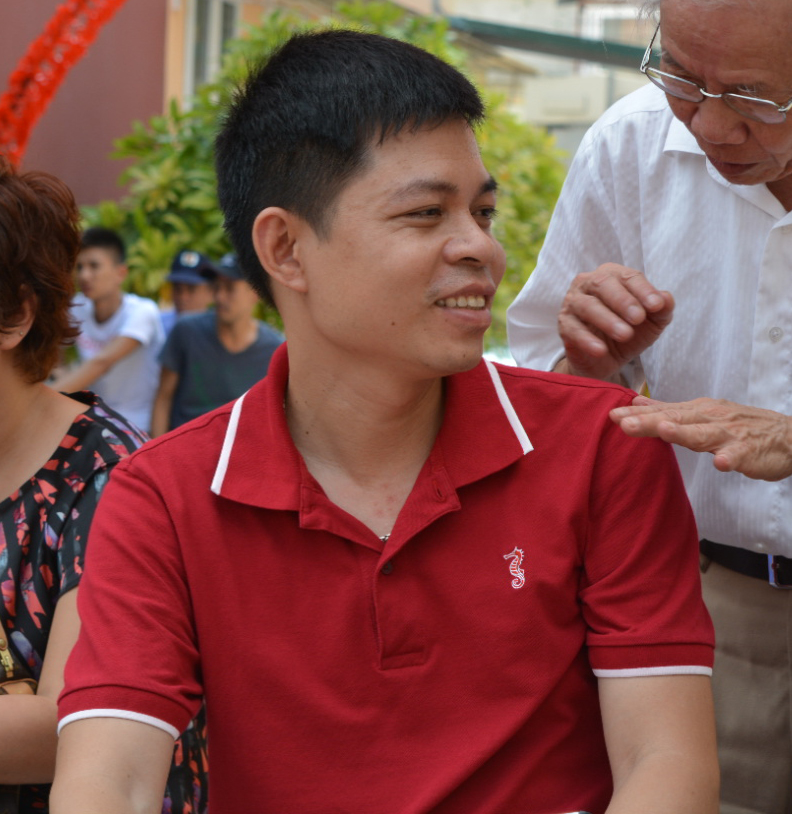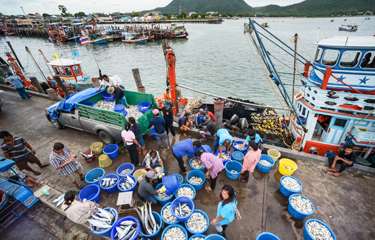A rights group is suggesting the U.S. should downgrade Thailand in its human trafficking ranking, as the latter has not done enough to improve the situation.
In its Trafficking in Persons (TIP) Report 2020 released in June, the U.S. State Department has kept Thailand’s ranking unchanged at Tier 2.
The U.S. decision was made “despite detailed and comprehensive evidence demonstrating the weaknesses of the Thai government’s efforts in the areas of prosecution, protection and prevention of human trafficking in 2019,” the Seafood Working Group, a global coalition of labor, human rights, and environmental non-governmental organizations, wrote in a report issued on 31 July in response to TIP 2020.
This isn’t the first time the coalition has demanded the downgrade. Three months before the TIP Report 2020 was announced, the group made the same request to downgrade Thailand, Reuters reported.
The group, therefore, recommends that the Southeast Asia nation be downgraded to “Tier 2 Watch List” because it has not satisfied the minimum requirements of the U.S. Trafficking Victims Protection Act (TVPA) of 2000, and has failed to make considerable progress to combat the trafficking in persons last year.
The “Tier 2 Watch List” is imposed when a country has not fully met the TVPA’s minimum standards but is making substantial efforts to comply with the standards.
“With the 2020 TIP Report, the U.S. missed an opportunity to send a clear message to the Thai government that its efforts to combat trafficking need to be more robust,” the group said.
The group’s report was based on consultations with worker organizations and an analysis of 23 potential labor trafficking cases. It pointed out that the efforts that the Thai government was making were insufficient to be kept at Tier 2.
There remained limitations with regard to impacts of the anti-trafficking training activities that the Thai government has organized for their law enforcement officials, such as judges, policemen and staff shelters. It also noted that the trainings which were conducted with significant assistance from the United Nations and other external partners should not have been used by the U.S. to determine a country’s tier ranking.
The group also claimed that the increase in labor trafficking investigations cited in the TIP Report is “highly selective and misleading,” because the total numbers of investigations, prosecutions, and convictions actually declined.
“Furthermore, only four labor trafficking cases were in the fishing sector, which is extremely low,” the group said. It added that a study conducted last year by the ILO Ship to Shore Rights found that 14 percent of fishers suffered from forced labor.
In their report released in March this year, the ILO Ship to Shore Rights Project found improvements in working conditions in Thailand’s fishing and seafood processing sectors, but also noted persisting problems with forced labor in the Thai industry.
The group further said that the “corruption and official complicity” in the field stated in the TIP Report should warrant Tier 2 Watch List status for Thailand.
According to the group, the anti-trafficking fund provided to victims by the local government was not enough to help reintegrate the victims into the society.
“More broadly, Thailand did not warrant the Tier 2 ranking in 2020 because it has demonstrably failed to prevent human trafficking of migrant workers,” the group said, attributing their argument to the Thai government’s ineffective system to registering migrant workers, their failure to ban recruitment fees and associated costs, and the limitations in allowing workers to change employers.
Moreover, Thailand has not ratified ILO Conventions 87 and 98 on rights to organize and collectively bargain, along with two other countries in Southeast Asia. The ILO Ship to Shore Rights Project report in March also said migrant workers are not permitted to form or lead unions in Thailand, a move that ILO said violates its core labor standards.
“The decision to keep Thailand at Tier 2 in 2020, despite significant evidence warranting a downgrade, raises questions about how the ranking was determined,” the group said.
Taiwan was another example that the organization used. The territory also made little progress in the elimination of human trafficking, but it was also kept at Tier 1 in the latest ranking, it said.
The TIP office has been called to work to increase transparency in their determinations of the ranking, apply a more overall approach in their assessments and communicate more with non-governmental and civil society organizations.
Photo courtesy of TigerStocks/Shutterstock







